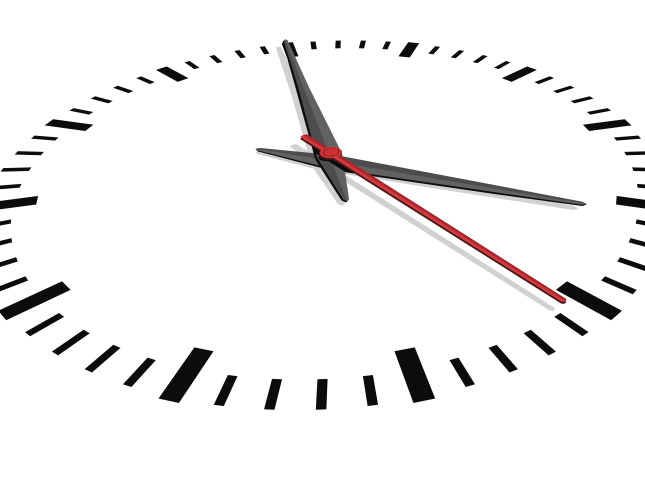Vote For the Person You Wish to Become
One of my favorite quotes is by Epictetus, who said: “First say to yourself what you would be; and then do what you have to do.” Like the Golden Rule, it’s so simple and yet so hard to live up to.
First say to yourself what you would be
The most precious asset anyone has is their personal identity–who they are and how they view themselves. We hold it dear because it’s hard-earned, and it’s uniquely our own.
But our personal identity is not always enough. We all are capable of more than what we currently are. Some people are OK with that fact, and are perfectly comfortable with who they are and where they are in their lives. More power to them. But speaking for myself (and I suspect many others, such as the type of people like yourself who read these posts), I am bothered by the fact that I’m not living up to my full potential.
But it’s important to frame that fact in the right spirit. The wrong spirit is to feel like failures or losers because we’re not doing all that we are capable of. The right spirit is to have a sense of healthy dissatisfaction, where we’re OK with who and what we are, but excited for the possibilities of becoming even better. I’d rather view the quest for personal growth as my own personal Everest: I attempt the climb because it’s there, and I can’t wait to see what the view looks like from a little higher up, and then a little higher after that.
This sentiment presupposes that we realize that our identity is not fixed in place. We’re not prisoners of our genetics or our past experiences. It is malleable and capable of intelligent design as well as evolution. The old phrase “today is the first day of the rest of your life”, is trite, but like all trite sayings it contains an important truth. You can change if you want to.
To put the phrase in practical terms, I can think of no better guide than James Clear, who has written about this in his book Atomic Habits. Clear tells us that the most important way to change your habits is to use an identity approach. Instead of setting a goal and then trying to instill the behaviors that will help you reach it, start by seeing yourself as the type of person who does those things. For example, instead of telling yourself, “I want to lose weight,” say something like “I am a healthy eater.”
Our sense of self drives our behavior. Clear says, “Behavior that is incongruent with the self will not last.”[1] That’s why a lot of the well-meaning advice to set goals is not enough. We have to believe that we are the type of person who is capable of the behavior, and indeed incapable of not behaving in a certain way. Which brings us to the behaviors that translate that ideal into reality…
And then do what you have to do
This is the hard part. It’s easy to imagine a better version of ourselves; hard to do the things we must do. There are two parts to this. First, we must figure out what we must do. That’s where knowledge, strategy and planning come in. Do your research, set goals, figure out a strategy for advancing toward those goals, and then write down a plan.
The second part is to simply do it, even when you don’t feel like it—maybe especially when you don’t feel like it.[2] No time is ever wasted if you fill it with action that moves you closer to your ideal self; nothing is a greater waste of time than imagining a better self that you have no intention of pursuing. And it’s not just about drudgery. I also believe it’s impossible to be unhappy as long as you’re taking meaningful action toward a worthwhile future.
The second point is where most of us fall short. I’ve had so many people tell me they want to write a book. When I ask them how many pages they’ve written, I can’t remember one person naming a number greater than zero.
But I certainly can’t claim to be a paragon of action when it comes to consistently pursuing a better self. I don’t stick with things as long or as diligently as I should sometimes, but when I fall short, identity-based motivation helps. For example, I’m struggling with this article a bit right now. It’s mid-morning and I feel like taking a break. The excuses come easily to mind, and then I check myself by asking, “what would a real writer do in this situation?”
Clear makes the point eloquently: “Every action you take is a vote for the type of person you wish to become.”[3] That means that every action you take that accords with your sense of the ideal self, strengthens your belief that you can get there; and so you’re more likely to act, and it creates a virtuous circle of consistent personal growth.
So, how did you vote today?
[1] James Clear, Atomic Habits, p. 44.
[2] See my previous post: Professionals Don’t Need Motivation
[3] p. 51.





